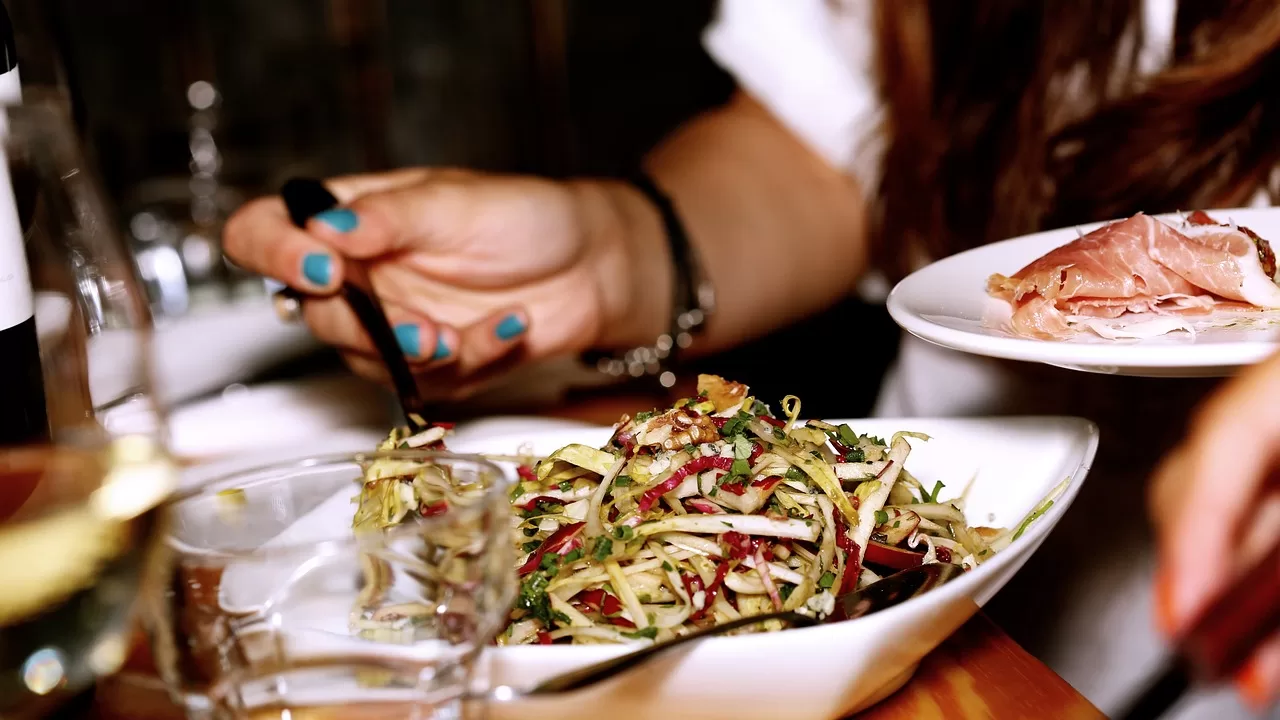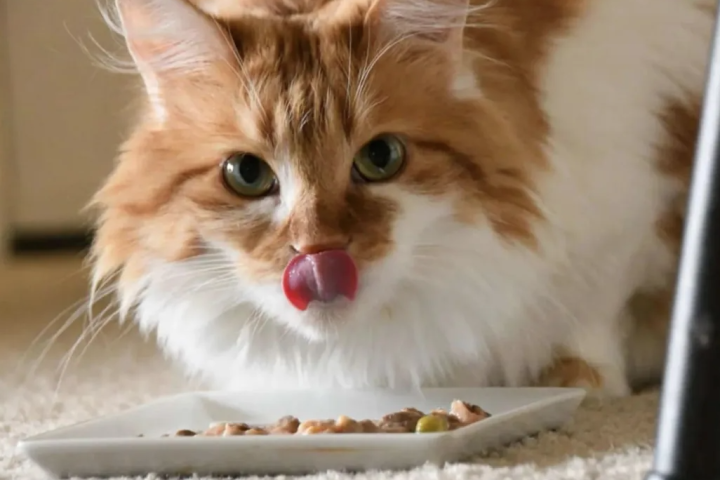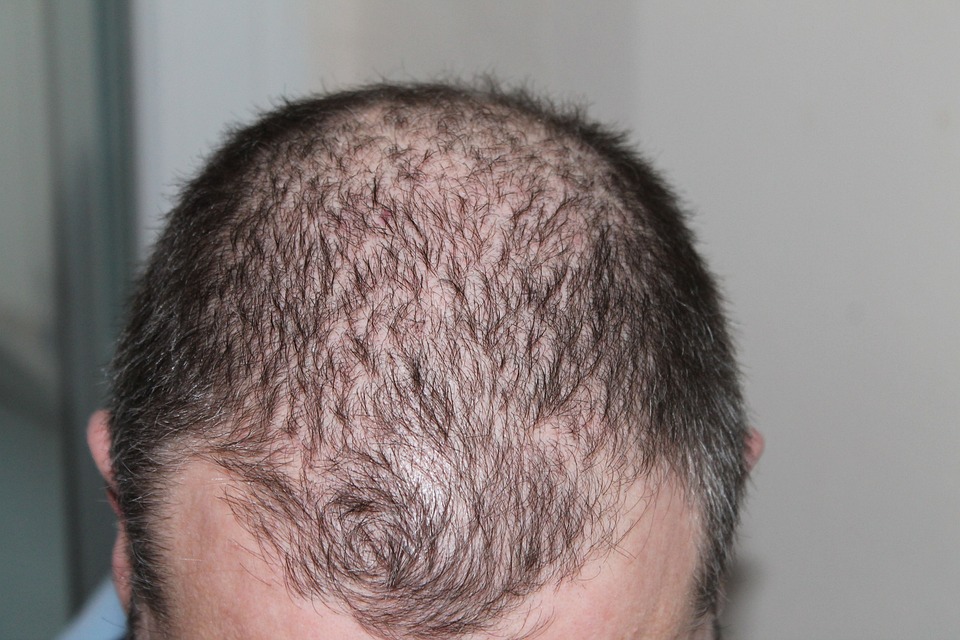Are you one of those people who find yourself in front of the fridge when you are stressed, anxious or sad? Do you turn to sweets, junk food, fatty and caloric foods during these times? We’re sorry, but research has shown that attacking such foods when you are stressed makes the situation worse instead of reducing stress. So why do we especially turn to carbohydrate and fatty foods at times like these? Which foods help to beat stress?
It is a fact that many people turn to pastries such as cakes, pies and donuts in times of stress.
However, according to research by the University of Birmingham in the UK, consuming fatty foods and pastries during stressful periods reduces vascular function by 1.74 percent, slowing blood flow to the brain and reducing oxygen, damaging the body’s ability to recover from the effects of stress.
read more:
- 5 Keys to Butterfly Hugging to Soothe Anxiety
- Pill invented to create a feeling of satiety through vibration
This further increases stress and negatively affects our mood and mental health.
WHAT WE EAT WHEN STRESSED AFFECTS OUR MENTAL HEALTH
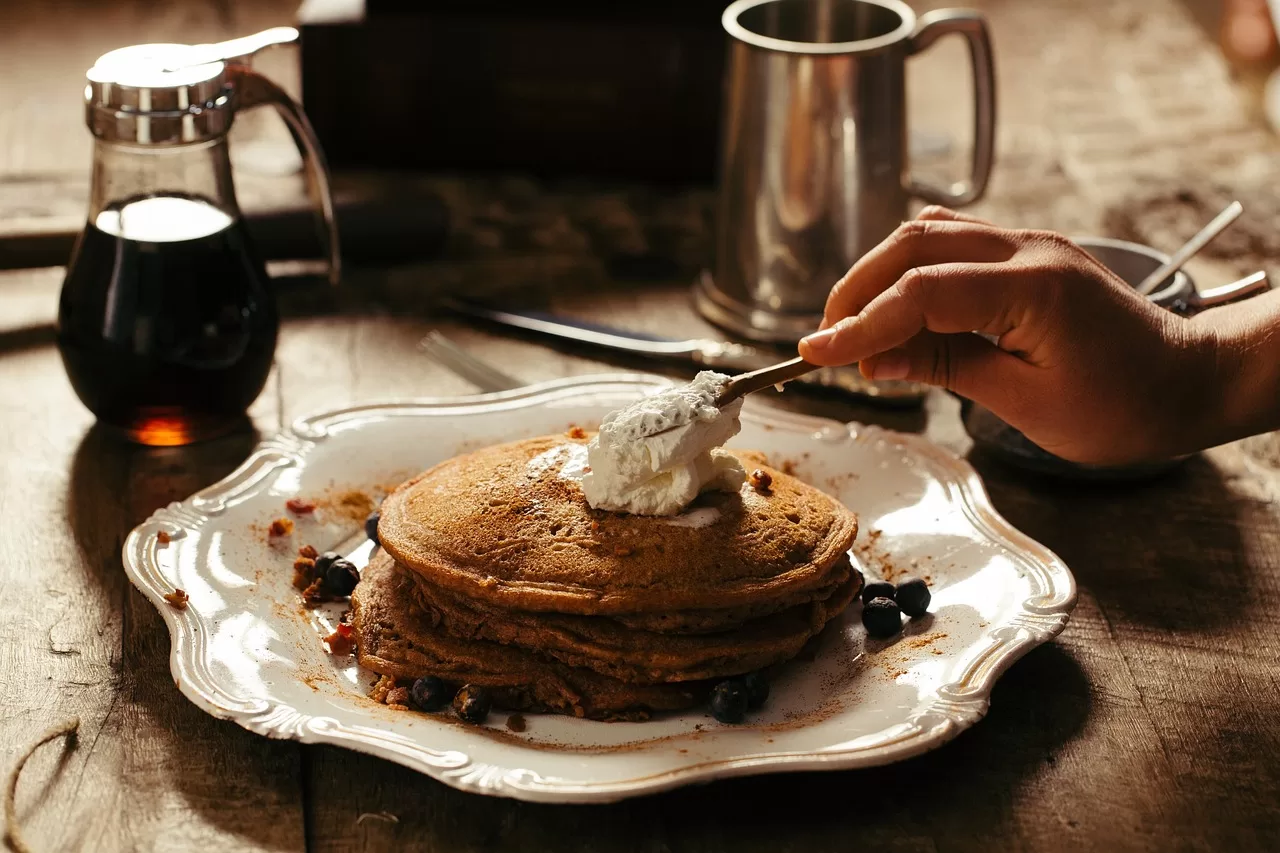 Consuming foods high in fat before a stressful period can reduce oxygenation of the brain and lead to poor vascular function in adults.
Consuming foods high in fat before a stressful period can reduce oxygenation of the brain and lead to poor vascular function in adults.
Rosalind Baynham, one of the authors of the study conducted at the University of Birmingham, said that when people are stressed, they tend to turn to fatty foods, but this worsens physical and psychological responses to stress. Adding that stress can be dealt with more effectively by choosing low-fat foods, Baynham said that when we are stressed, our heartbeat speeds up, our blood pressure rises, blood flow to the brain increases, and the elasticity of blood vessels decreases.
Another effect of stress is reduced elasticity of blood vessels. Previous studies have shown that a 1 percent reduction in vascular function leads to a 13 percent increase in the risk of cardiovascular disease. The study by the research team from the University of Birmingham also found that fat consumption had a negative impact on mood both during and after a stress attack. In short, fatty foods negatively affect our mood.
This study shows that food choices made during stressful periods can either amplify the effects of stress on our cardiovascular system or protect ourselves from these effects.
Speaking to the Daily Mail, Prof. Jet Veldhuijzen van Zanten also suggested that people with stressful jobs and those at risk of cardiovascular disease should take the research seriously, saying of the study: “For this study, we looked at healthy people aged 18-30. It was surprising to see that eating fatty foods made such a significant difference in the body’s ability to recover from stress.”
The research, published in the journal Frontiers in Nutrition and Nutrients, also showed that this impairment in vascular function can be completely reversed by consuming healthier foods, especially those rich in polyphenols, such as cocoa, strawberries, grapes, apples and other fruits and vegetables. Dr. Catarina Rendeiro said that the effect of these foods in times of stress should not be underestimated.
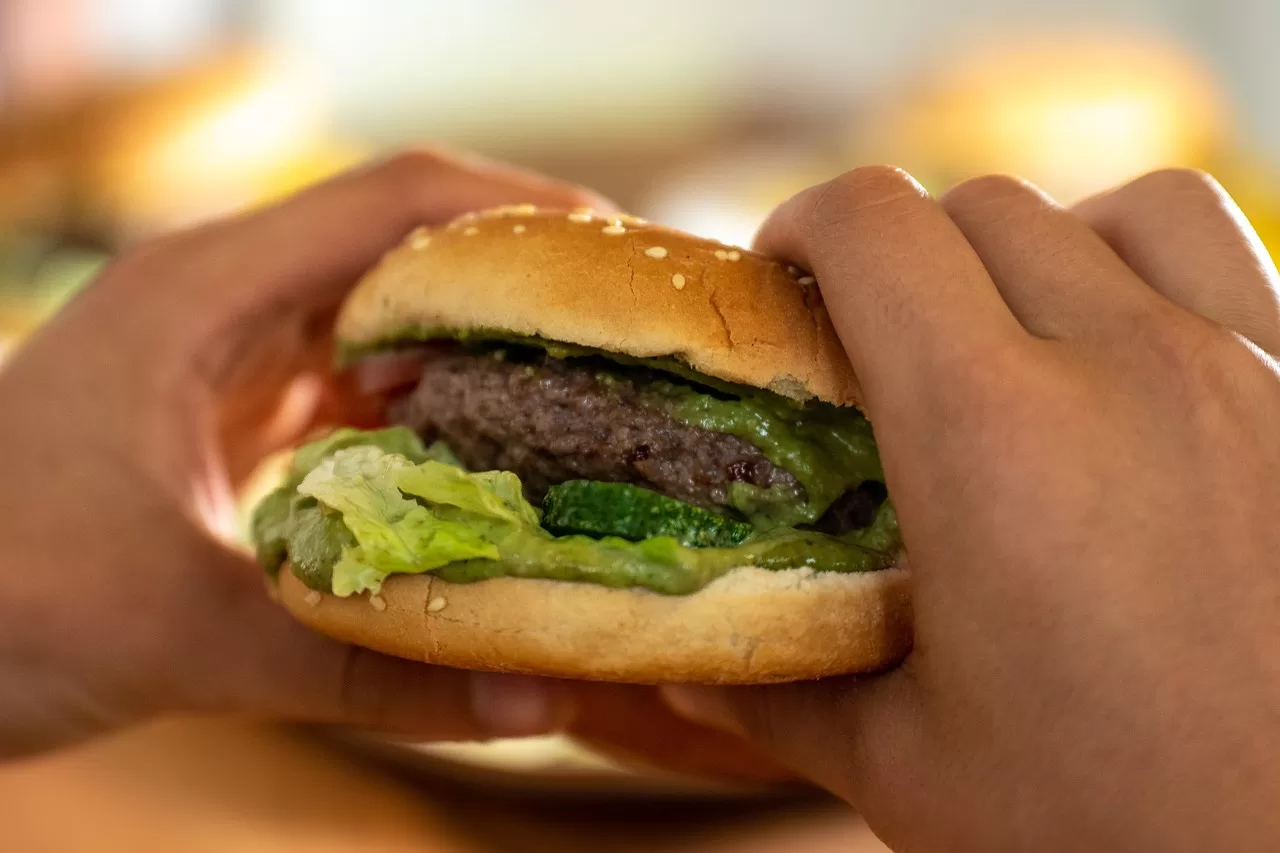
WHY ARE WE ATTACKING FOOD?
Dietitian Safiye Keskin, whom we asked the question ‘Why do some people lose their appetite when they are stressed, while others cling to food?
“In the event of stress, the body initiates a physiological response to cope with the stress and this response causes the release of a number of hormones. These are cortisol and adrenaline secreted by the adrenal glands. Cortisol provides energy by increasing blood sugar, can stimulate fat storage processes, and indirectly influences appetite regulation, which can lead to eating more. Adrenaline, on the other hand, raises blood pressure, increases heart rate and releases energy in times of stress, which can lead to short-term appetite suppression.”
Stating that stress can reduce insulin sensitivity and appetite can be affected due to rising blood sugar, Keskin said, “Stress can also affect ghrelin and leptin hormones, which are the main responsible for appetite. The levels of ghrelin hormone, which sends hunger signals, may increase in case of stress. An increase in appetite can be observed because it causes a decrease in the leptin hormone that sends a satiety signal. The interaction between these hormones is complex and varies from individual to individual. For this reason, some people may lose their appetite under stress, while others may tend to overeat.”
What are the underlying physiological reasons for attacking pastries, fatty foods, junk food when stressed? Why do we want to eat unhealthy foods and not vegetables or fruits?
Dietitian Safiye Keskin listed the possible reasons underlying this behavior:
“First of all, due to the effect of stress on appetite-regulating hormones, appetite may increase and tend towards unhealthy foods. Also, under stress, many people may tend to engage in emotional eating. This can lead to unhealthy food choices that are often satisfying, rewarding or comforting. In addition, reward systems in the brain may be activated. This can increase the tendency to turn to foods high in sugar and fat, which can create a reward sensation in the brain.”
According to The Telegraph, a study published in the journal Neuron in 2021 revealed that eating high-calorie foods while stressed activates the reward center in the brain, chronic stress increases the consumption of delicious food and can increase the development of obesity.
The researchers say that during times of stress, the brain’s response to satiation is overridden, meaning that junk food continues to push the reward buttons by boosting feel-good hormones like dopamine in the short term.
High in calories, fat, sugar and carbohydrates, these foods not only cause weight gain, but also many other changes, including sleep disorders and hormonal problems.
HIGH-CALORIE FOODS FULFILL THE NEED FOR SATISFACTION AND RELAXATION
Clinical Psychologist Ebru Özkurt Topçu said that due to unexpressed, unexpressed and unsatisfied emotions, some people can provide satisfaction and relaxation with high-calorie foods in some periods, and stated that the tendency towards these foods increases as the pleasure received by eating provides short-term instant gratification.
Topçu stated that hormones such as cortisol and adrenaline secreted under stress increase blood sugar, that preparation begins to give fight and flight reactions in the face of stress, that the body’s heart rate increases, breathing accelerates, pupils dilate and there is more blood flow to the vessels before the body reacts to protect itself.
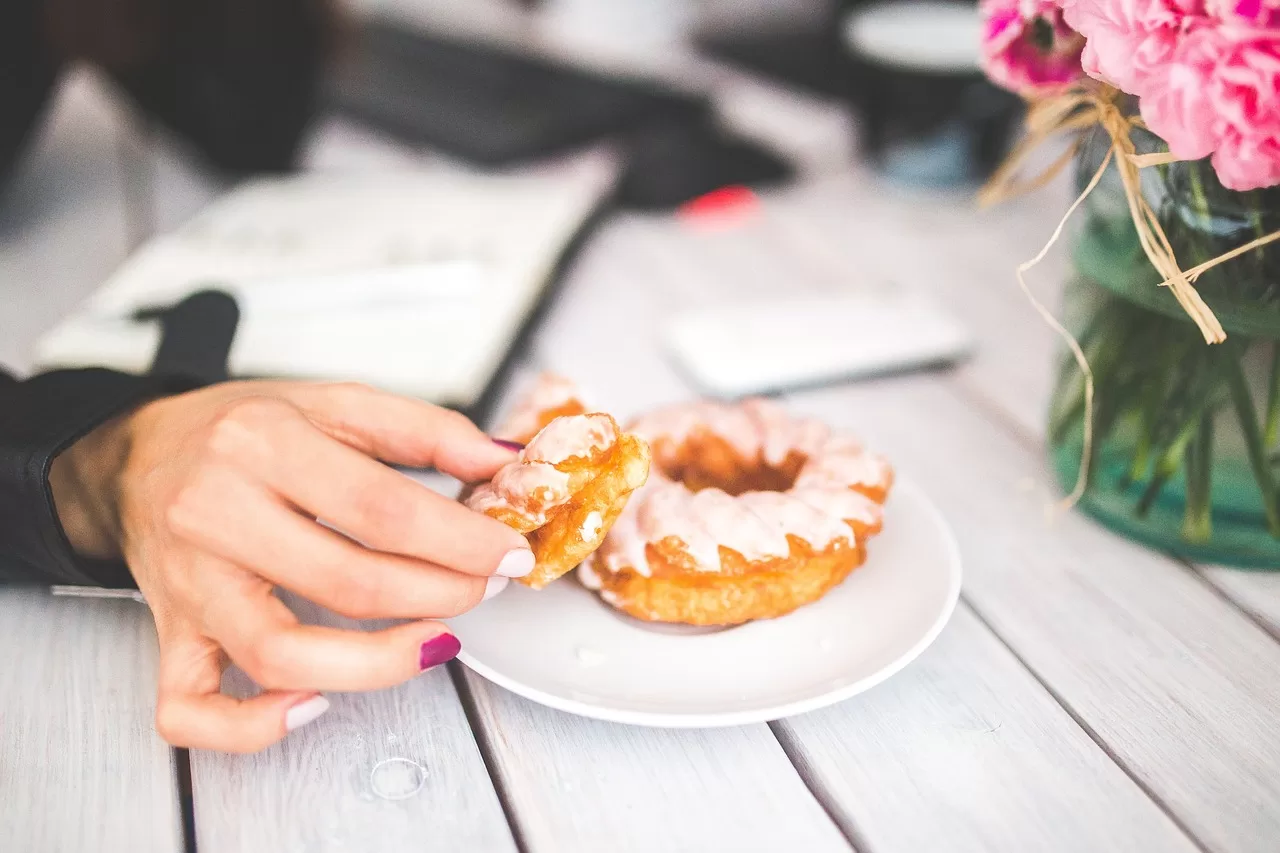
REPETITIVE REINFORCEMENT OF THIS BEHAVIOR MAY LEAD TO HABITUATION
Some people tend to eat more when they are stressed, while others tend to eat less. Underlining that the experience of relaxing by eating when stressed will turn into a habit if it is repeated and reinforced, Topçu said that this learned state can become established as an instant way of coping with every difficulty and added: “In the long run, since there is no solution to the problem that is the source, the behavior of comforting by eating will be dysfunctional and will increase the depressed mood of the person with different problems such as unhealthy eating and weight gain.”
Stating that making frequent meals by creating a daily nutrition plan can reduce the feeling of hunger by balancing blood sugar, Keskin listed his suggestions on what to do in order not to overeat in such stressful situations and to overcome this period:
— During these meals, hunger can be eliminated by consuming healthy snacks such as yogurt, kefir, fruit, walnuts, hazelnuts and almonds.
— Water consumption can be reviewed because sometimes thirst and hunger can be confused.
— Care can be taken to develop conscious eating and conscious shopping habits.
— Chewing food thoroughly over long periods of time and shopping for healthy foods helps to manage nutrition in times of stress.
— If there is a tendency to emotional eating, it is helpful for the individual to be aware of this situation and to analyze why they want to eat in times of stress.
— Every individual is different. Individuals can experiment and decide which method to use for their own nutritional, stress and appetite situation.
In a study conducted in 2021 by Shina Leow, a sports exercise and health researcher at the University of Western Australia, and colleagues, 137 adults were surveyed about their tension and stress and their food cravings over the course of a week. The subjects reported that on days when they experienced more tension, they both wanted to eat more food and consume more junk food. Participants were found to crave carbohydrates, sweets and fast food more on those days. / Source: Daily Mail
WHAT SHOULD WE EAT WHEN WE FEEL STRESSED?
Nuts instead of chips
Speaking to The Telegraph, nutritionist TC Callis said that crisps are at the top of the list and that you should eat some nuts instead of crisps. Stating that the high amount of salt in chips increases the release of stress hormones on the HPA (hypothalamic-pituitary-adrenal) axis, which can lead to increased blood pressure and faster heartbeat, Callis stated that this is not noticed because one is already stressed, but salt almost certainly makes the situation worse.
Fruit instead of pastries
Callis said that consuming highly processed carbohydrates when stressed slows down the digestive system, carbohydrates sit in the stomach and intestines, microbiomes, which are friendly gut bacteria, do not like highly processed carbohydrates and disrupting this can lead to a reduction in neurotransmitters that can affect mental health and cognitive processes. Instead, Callis added, fruit contains high levels of antioxidant polyphenols and flavonoids that protect against stress hormones such as cortisol.
Tea instead of coffee
Susan Bowling, a psychologist at the Cleveland Clinic in the US, said that caffeine’s natural effects, such as a faster heartbeat, warming of the body, increased breathing rate, stimulate many emotions that mimic anxiety and stress, and the mind has a hard time recognizing that it is not stress. Callis also noted that coffee increases cortisol and stops the production of adenosine, a calming chemical, whereas tea, especially green tea, contains many flavonoids that disrupt stress hormones.
Dark chocolate instead of milk
Callis said that although chocolate is high in fat and sugar, it contains theophylline and theobromine chemicals that reduce stress and trigger the production of the happiness hormone serotonin, so during stressful periods, it is necessary to prefer dark chocolate with low levels of fat and sugar and more theophylline and theobromine.

